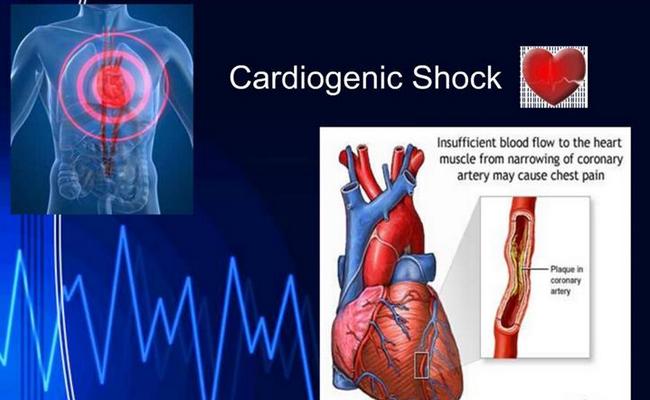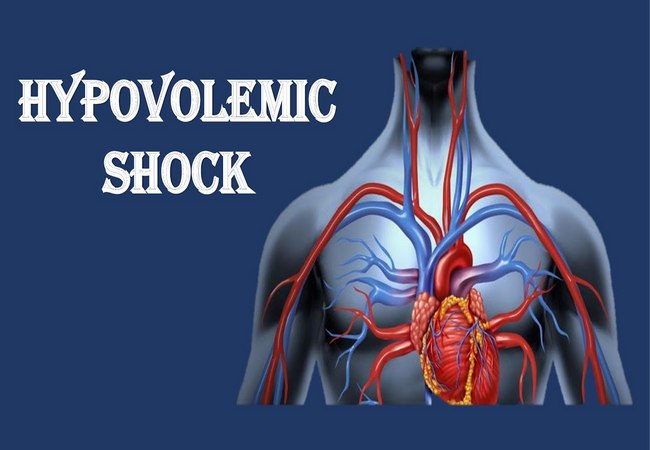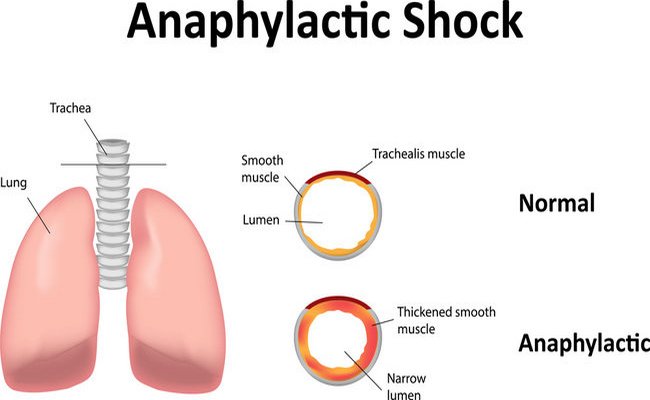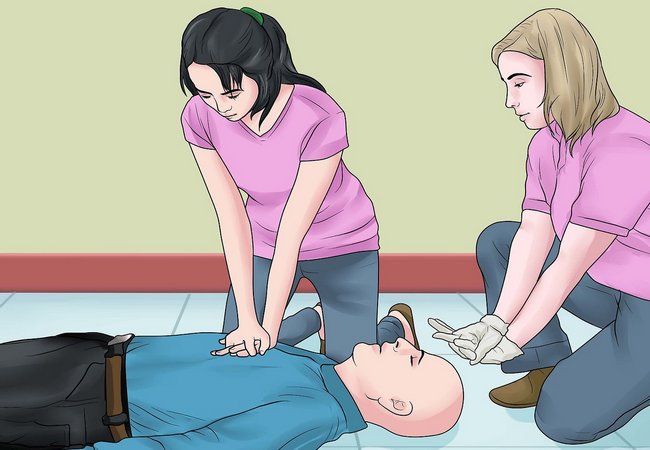5 Differences Between a Doctor and Nurse Practitioner
5 Differences Between a Doctor and Nurse Practitioner: Nurse practitioner (NPs) has been in great demand recently due to increased healthcare needs. The job growth rate is expected to increase by 40% between 2021 and 2031, according to the United States Bureau of Labor Statistics (BLS). Even though it may seem like doctors and nurses […]
5 Differences Between a Doctor and Nurse Practitioner Read More »










